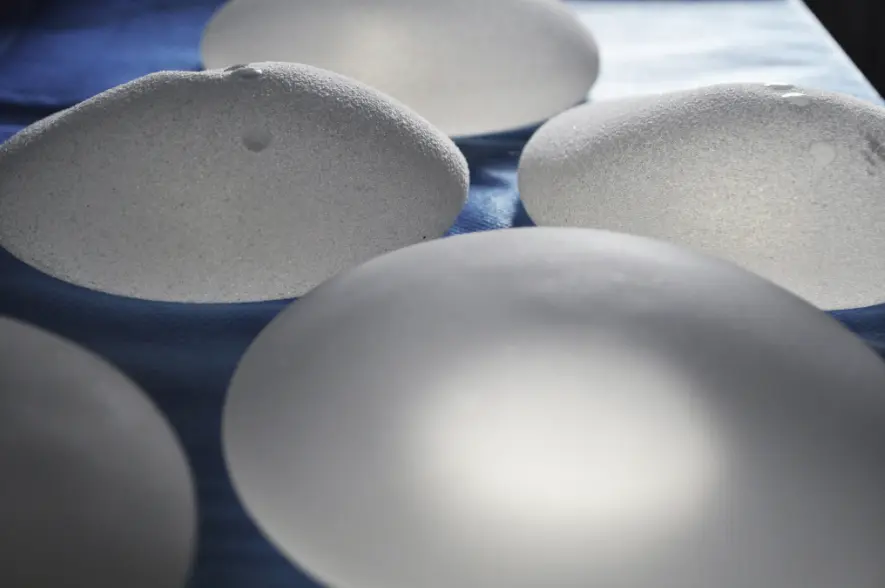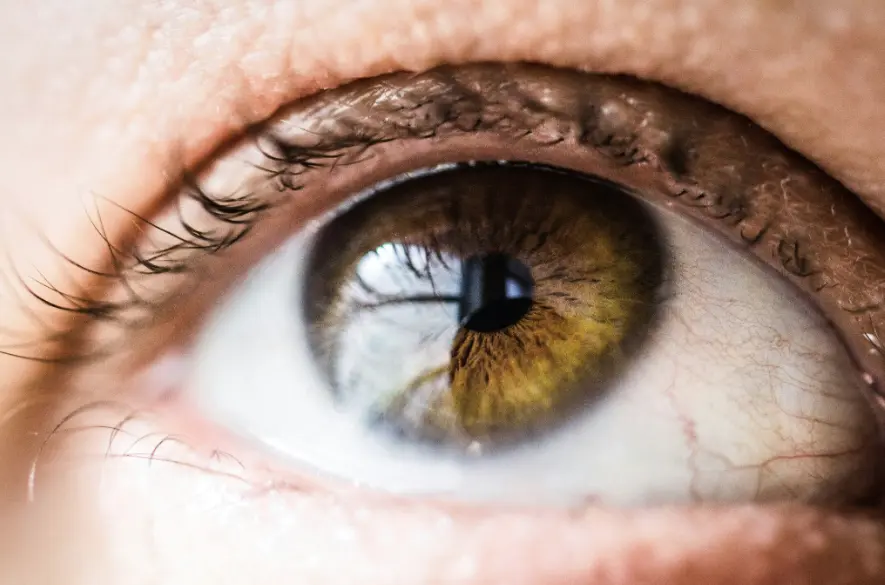Picture this: you’re sitting on the beach in a bikini, and you’ve got the perfect body. There’s not a bit of unwanted fat, and you didn’t have to work out incessantly to achieve this either.
This is possible through a procedure called liposuction. A plastic surgeon can suction away excess fat, leaving you with fantastic results. They can even inject the fat into problem areas to give them more volume!
Are liposuction results permanent though? And how long does liposuction last anyway?
We’ll discuss the longevity of liposuction and what factors can impact your results.
How Long Does Liposuction Last?
The quick answer is that liposuction results can last indefinitely, anywhere from 5 years to 15 or more. The caveat is that you must maintain a stable weight, healthy lifestyle, and most importantly, realistic expectations.
Does Fat Come Back After Liposuction?
Technically speaking, the fat cells removed by liposuction do not grow back. However, that doesn’t mean that you’ll always look like this.
Your remaining fat cells can certainly grow, which means that if you gain weight after liposuction, then it’ll alter your results. Future fat may accumulate in different areas than before too.
Generally speaking, those exact fat cells are gone for good, meaning you won’t regain fat in the same way in those areas. But since other fat cells can expand, it’s possible to experience new fat distribution, and it may be uneven or shift to untreated areas.
Factors That Impact How Long Liposuction Results Last
So does liposuction last forever? It can, but only if you’re proactive about maintaining the results.
Below are the factors that impact how long you’ll retain liposuction results.
Post-Procedure Weight Management
This is absolutely the most critical factor regarding liposuction. Even if you gain just 5-10% of your current body weight, this can impact results!
Needless to say, if you gain a significant amount of weight, this can obscure the contouring benefits from lipo.
Diet and Exercise
Part of maintaining your weight is diet and exercise. You should aim to eat a healthy diet that’s low in processed sugars and fats. And regular exercise (such as cardio and strength training) will help keep fat from accumulating.
Age and Skin Elasticity
In general, younger patients with better skin elasticity get more dramatic and longer-lasting results. Older patients or those with loose skin may need additional procedures, such as a tummy tuck or skin tightening.
Hormonal Changes
Unfortunately, hormonal changes can lead to weight changes, which will then alter the results. Examples here include pregnancy, menopause, or hormonal therapy.
Even worse is that your fat distribution may shift due to hormonal fluctuations, even if you don’t experience major weight gain.
Area Treated
Some areas (such as the abdomen and thighs) tend to store fat more stubbornly. The good news is that if you stay on top of maintaining your weight, the results in these regions should be more noticeable and longer-lasting.
Surgeon Technique and Skill
Plastic surgeons who use modern techniques (like laser-assisted or ultrasound-assisted liposuction) can be more precise, resulting in better skin tightening. In addition, if they’re experienced and board-certified, they can maximize contouring and minimize trauma for optimal healing.
Post-Surgical Care
Following recovery instructions is a must, and this includes wearing compression garments. Both will help the skin settle smoothly over the new contours.
If you have poor aftercare, this can affect swelling and scarring, which can then affect the final results.
How to Maintain Liposuction Results for Life
The results of liposuction can be permanent if you’re proactive and diligent. Here are some tips to help you be successful.
Healthy Nutrition
You should eat a balanced diet that has:
- Lean vegetables
- Whole grains
- Healthy fats
Avoid eating processed foods, as well as frequent overeating (which can lead to weight gain).
Regular Exercise
The CDC recommends at least 150 minutes of moderate-intensity physical activity a week for adults, so try to hit that. Aerobic exercises like walking, swimming, or cycling are good.
Plus, include resistance training. This can help you maintain muscle tone and metabolism.
Maintain a Stable Weight
Even moderate weight gain can cause uneven fat distribution, so it’s optimal for you to keep as close to your pre-surgery weight as possible. If needed, you can use tools like weight tracking apps or fitness coaching.
Manage Stress and Sleep
If you’re chronically stressed and have poor sleep, it can increase your cortisol levels. This can then contribute to fat storage, especially around your abdomen.
Regular Medical Checkups
It’s always good to have regular medical checkups, as you can catch health issues before they’re big and serious. You should monitor:
- Hormone levels
- Thyroid function
- Metabolism
If you experience unexplained weight gain or fat shifts, then it’s vital to see a doctor promptly.
When to Consider Revision Liposuction
While liposuction results can be permanent, real life does get in the way. You may try your hardest to adhere to the advice given above, but things haven’t gone the way you wish, and you may need revision liposuction.
You can benefit from a second procedure if:
- You experience significant weight changes after the first surgery
- The initial procedure left uneven contours or asymmetry
- You want additional sculpting in new areas
You Need to Work to Retain Liposuction Results
The answer to the question, “How long does liposuction last?” really depends on how well you take care of yourself post procedure. The key to having permanent results is to maintain your weight, which is possible through a healthy lifestyle.
So follow your surgeon’s post-op instructions, in addition to eating a balanced diet and getting regular exercise in. You should also manage your stress to keep cortisol levels down, and see your surgeon for follow-up appointments as needed. With diligence and hard work, you’ll keep looking great for years to come.
Get in touch with us today if you’re interested in having liposuction done. Dr. Valdez has performed over 3,000 successful surgeries in his 16-year career.
References
- Wu S, Coombs DM, Gurunian R. Liposuction: Concepts, safety, and techniques in body-contouring surgery. CCJM. 2020;87(6):367-375. doi:10.3949/ccjm.87a.19097
- Liposuction Results. American Society of Plastic Surgeons. Accessed July 14, 2025.
- Hewagalamulage SD, Lee TK, Clarke IJ, Henry BA. Stress, cortisol, and obesity: a role for cortisol responsiveness in identifying individuals prone to obesity. Domest Anim Endocrinol. 2016;56 Suppl:S112-120. doi:10.1016/j.domaniend.2016.03.004
- CDC. Adult Activity: An Overview. Physical Activity Basics. July 19, 2024. Accessed July 14, 2025.
- Cameron Craven M| A, Friday F 17. Can fat return after liposuction? American Society of Plastic Surgeons. Accessed July 14, 2025.
Frequently Asked Questions
Can liposuction results be permanent?
Yes, liposuction results can be permanent because the fat cells removed do not grow back. However, maintaining your weight through healthy habits is essential—otherwise, the remaining fat cells can expand, leading to new fat accumulation in untreated areas.
How much weight can you gain before liposuction results are affected?
Even gaining just 5–10% of your body weight can change your results and obscure the contouring benefits. Significant weight gain after surgery can create uneven fat distribution or diminish the appearance of the procedure.
Does age affect how long liposuction results last?
Yes. Younger patients typically see longer-lasting results because their skin is more elastic and can tighten around new body contours. Older patients may need additional procedures, like a tummy tuck or skin tightening, to enhance or maintain their outcome.
When should you consider revision liposuction?
Revision liposuction may be an option if you experience uneven contours, weight changes that alter your shape, or if you want to treat additional areas. It’s usually considered after full healing from the first procedure, once results have stabilized.






